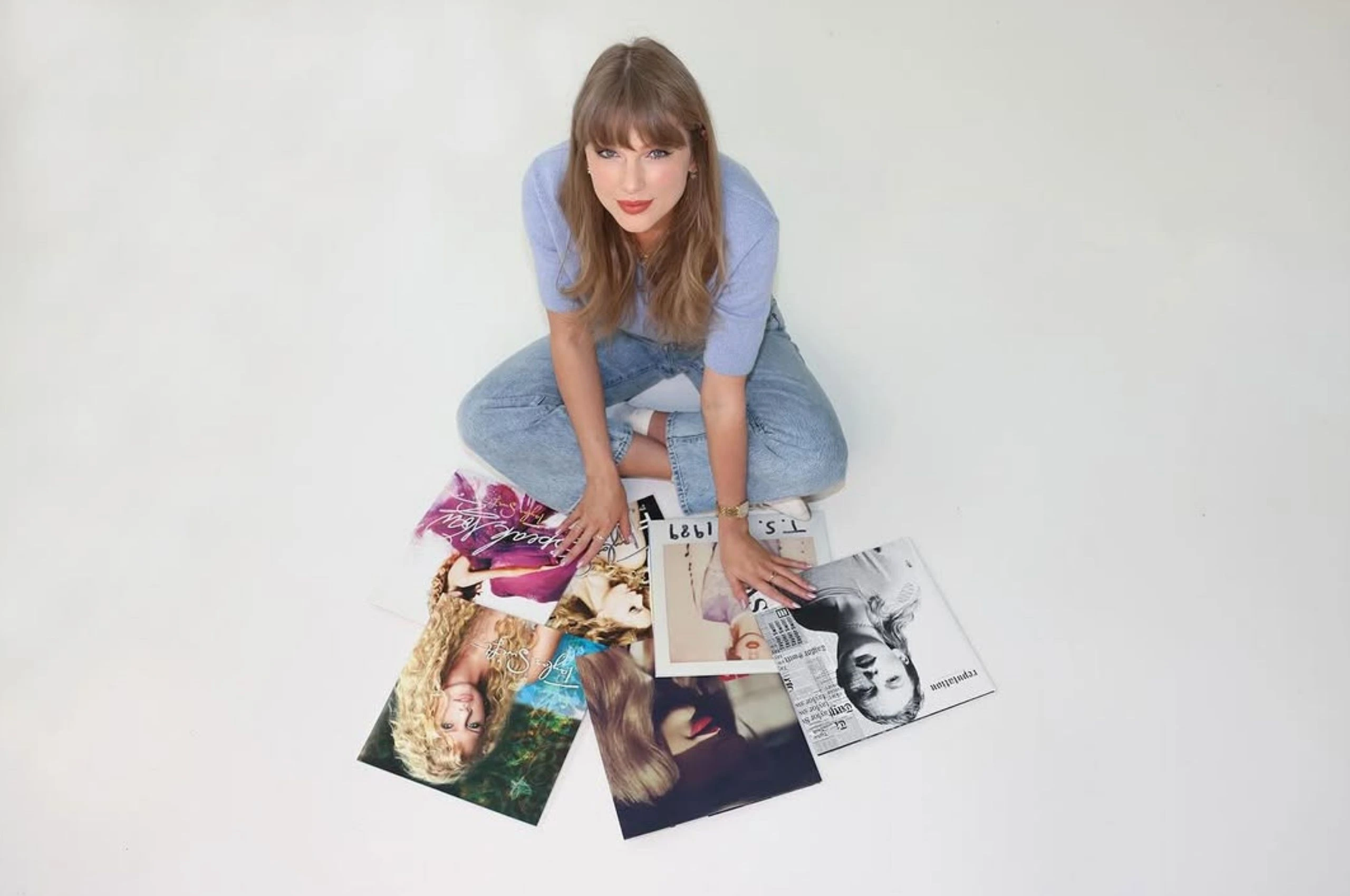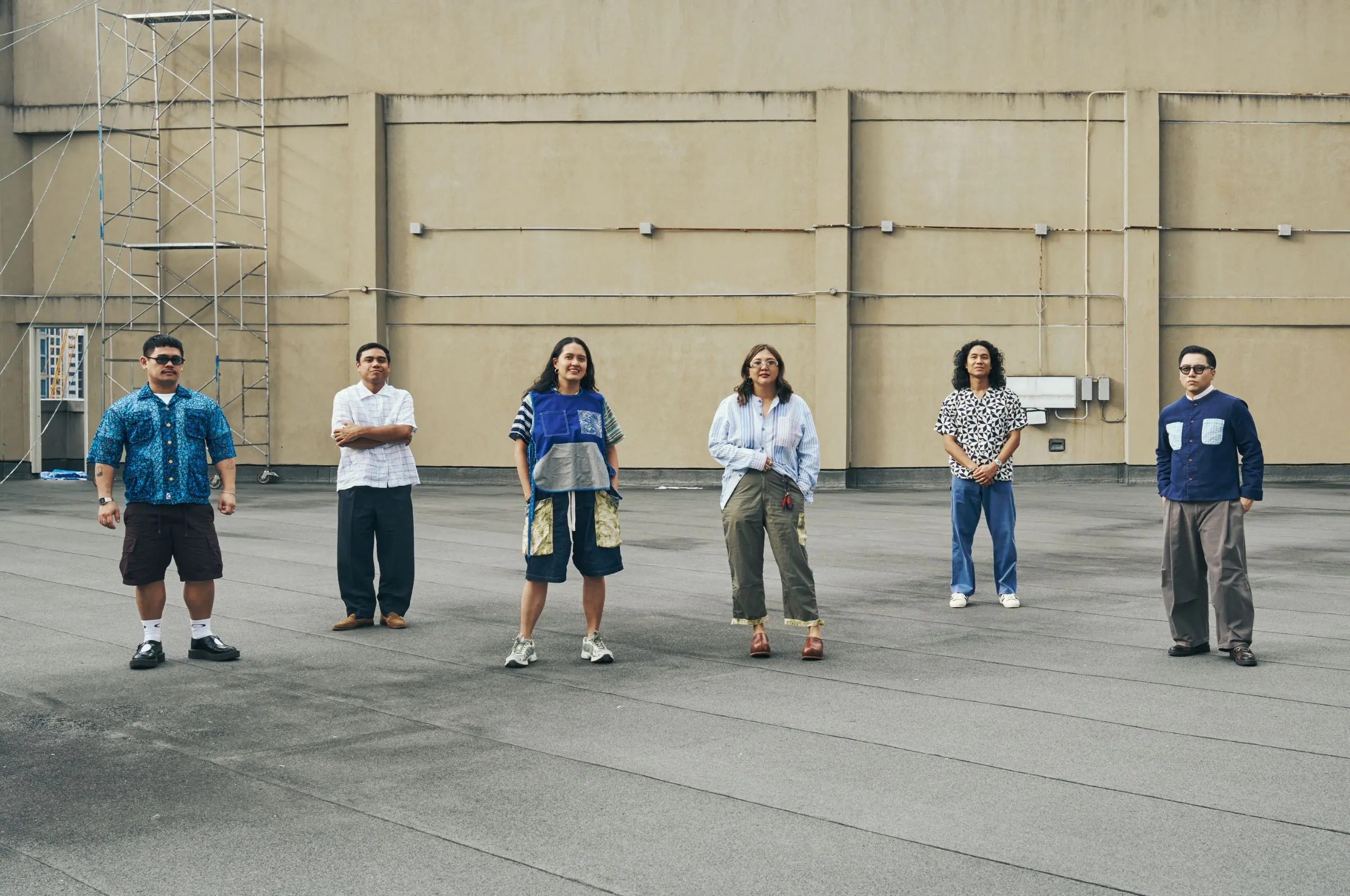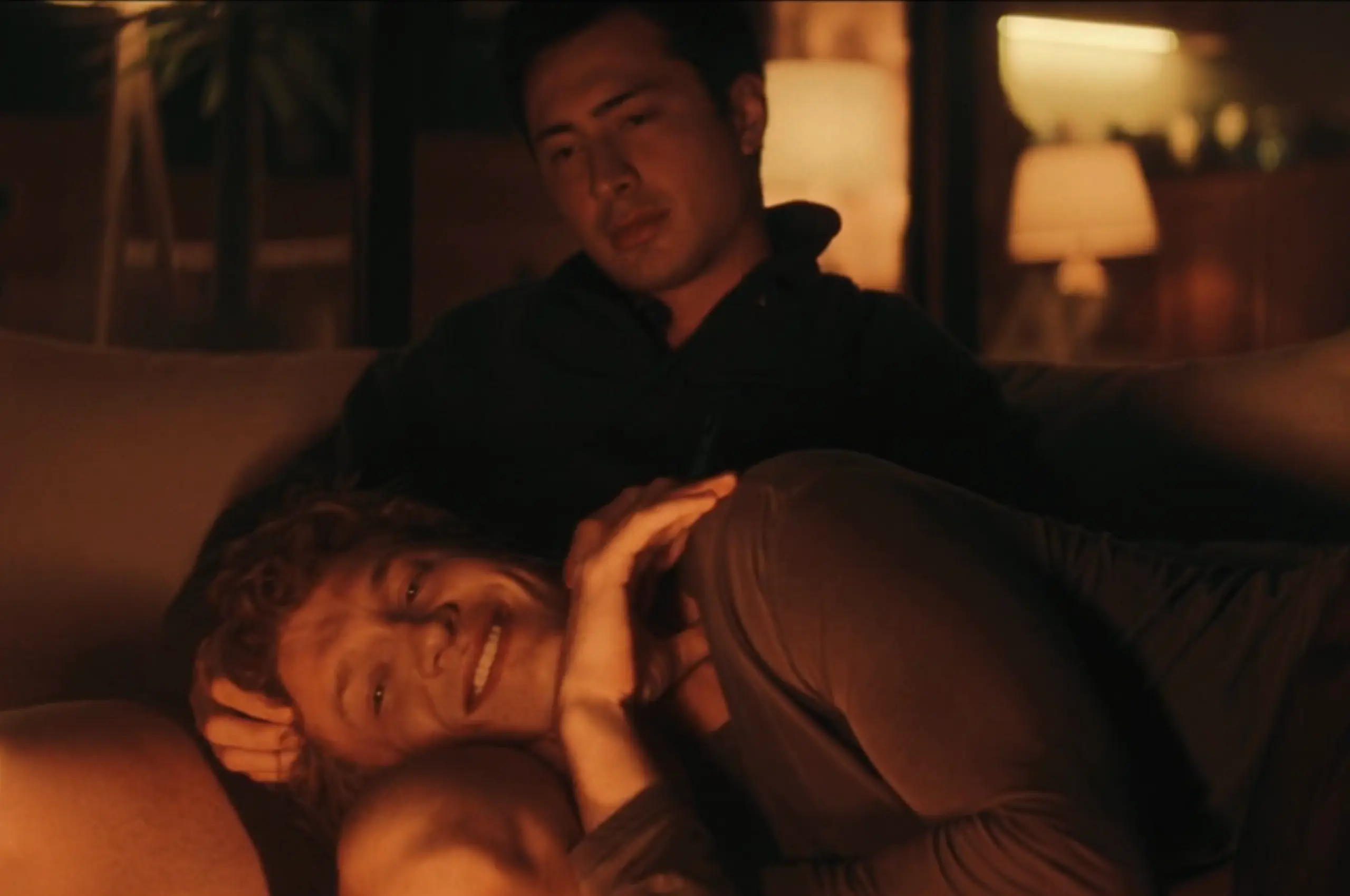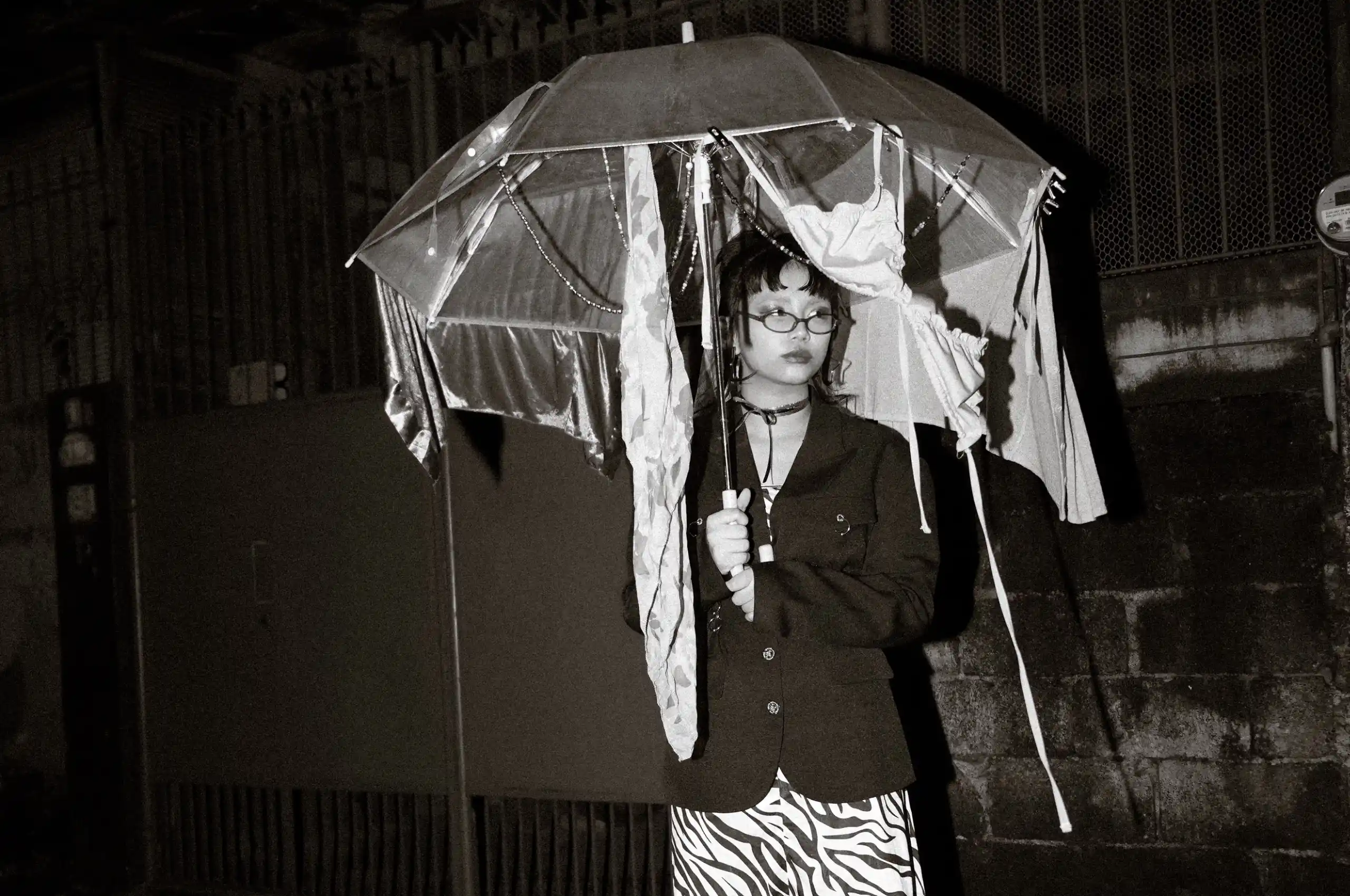After a long dispute over the ownership of her music catalog, Taylor Swift can finally call all of her old albums hers.
On Friday, May 30, Swift confirmed she had bought back the rights from Shamrock Capital, the private equity firm that acquired the catalog from Scooter Braun’s Ithaca Holdings. The deal, while confidential, reportedly cost hundreds of millions and includes not just the masters but also the album artwork, music videos, and unreleased tracks. What started as a bitter chapter between artist and label has now come full circle. From her country beginnings to her contemporary pop anthems, Swift has proven that what once slipped through her fingers could be taken back with enough resolve.
She posted a letter on her website detailing the move, a triumphant end to a saga that began in 2019 when her former label, Big Machine Records, sold her first six albums to Braun. Taylor Swift described the original sale as her “worst case scenario” at the time. Since then, she’s fought hard to control her legacy, re-recording her past works under the “Taylor’s Version” label. What began as a strategy to reclaim her songs grew into a cultural statement, reshaping how artists approach ownership and power in a volatile industry.
But the ripple effect of this move isn’t limited to Swift’s global audience. Other examples could date back to the 1990s with rappers like De La Soul, who never owned the rights to their first album, Three Feet High And Rising, would eventually reclaim their rights to their music only in 2023. Pop singers like JoJo had to undergo a legal battle with her former label, and R&B artist Frank Ocean had to exit Def Jam Recordings by releasing two albums, Endless and Blonde, simultaneously because the label didn’t allow Ocean to release more music.
In the Philippines, the same story has played out in the shadows. Bands like Wolfgang have seen their music generate streams in the millions while barely seeing a cut, due to having little to no ownership over their original masters. Rivermaya’s vast catalog has long been unavailable on streaming services, while fans assume similar situations, such as creative rights and their masters. The business has shifted, but the imbalance between label and Filipino artist remains largely intact. And in a market still shaped by major label control, ownership often means survival.
There’s a recurring truth in the industry, whether you’re in Nashville or Metro Manila, artists often lose control of their work the minute they sign that first contract. Recording studios front the cost, labels do the packaging, and in return, they take the very thing that matters: the music itself. What Swift has done is more than a headline moment; it’s a warning shot for Filipino artists who think longevity is built solely on popularity. It’s built on ownership. As Swift takes her catalog back, she’s also shining a light on the often-overlooked backbone of the music business: the right to your own voice.
In an era where virality and metrics dominate, it’s easy to forget that music is still personal. The masters are more than files on a hard drive. They’re the sweat, fights, and long nights that built an artist’s sound. Swift set a blueprint for those still stuck in contracts that choke creativity. Because at the end of the day, you don’t just want to make the music. You, the artist, want it to be yours.







